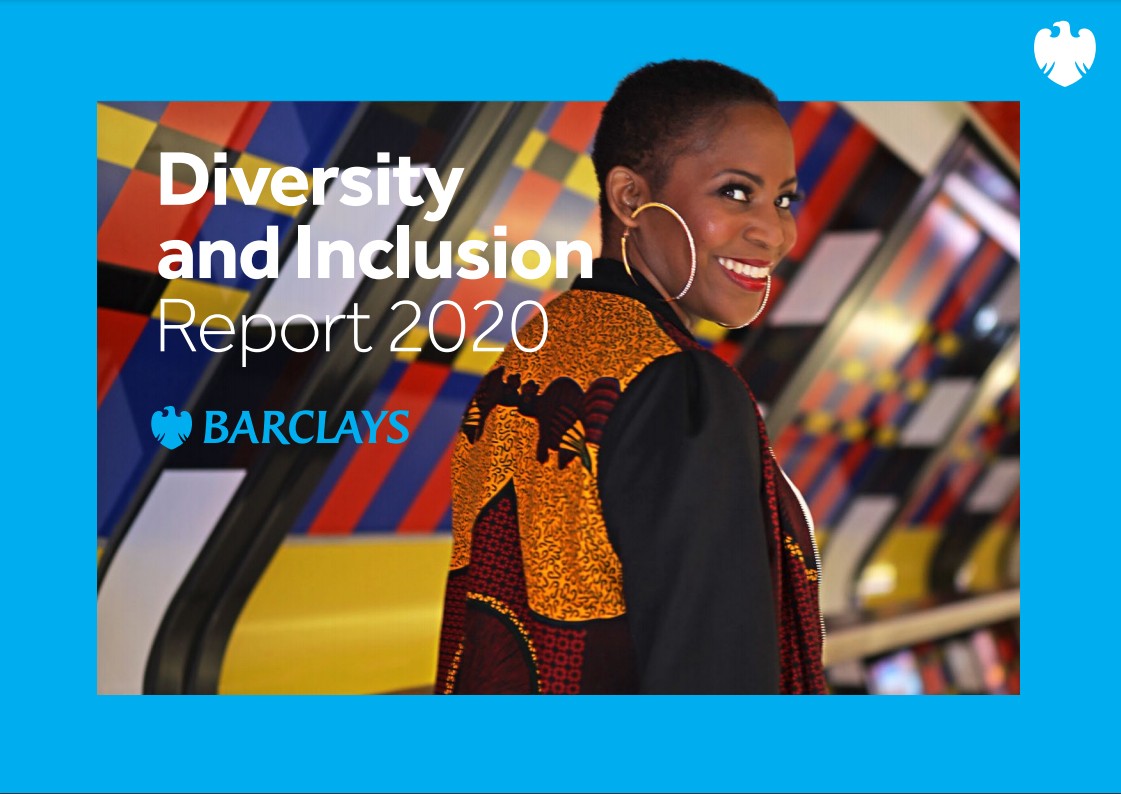
Culture
"You've got to equip people to go fight for you"
British Vogue publisher Vanessa Kingori MBE and former Paralympic athlete Bonnie St John joined Barclays’ Group CEO Jes Staley at a virtual International Women’s Day event hosted by the bank. They share thoughts on the importance of sponsorship for women’s careers – and why “nuance and flexibility” are essential in any discussion about diversity.
Bonnie St John is an evangelist for “sponsorship” as a method for women taking control of their careers and fully realising their potential.
Speaking to Barclays CEO Jes Staley and an audience of Barclays colleagues and clients at an event marking International Women’s Day, the Paralympic skiing medallist turned author and presidential advisor is adamant that allies – both male and female – hold the key.
“It’s really important to distinguish sponsorship from mentorship,” she says. “Sponsorship is about people really going to bat for you and pushing for things to happen. But you've got to equip people to go fight for you. If you're just keeping your head down and working through lunch every day and hoping someone will notice, it makes it really hard for people to help you.”
St John – one of three speakers exploring this year’s International Women’s Day theme, ‘choose to challenge’ at the virtual event – says that she has always lived her life in “challenger mode”, becoming the first African-American to win a medal at the Winter Olympics, after losing a leg at the age of five.
It’s really important to distinguish sponsorship from mentorship. Sponsorship is about people really going to bat for you and pushing for things to happen. But you've got to equip people to go fight for you.
Author and Paralympic medallist
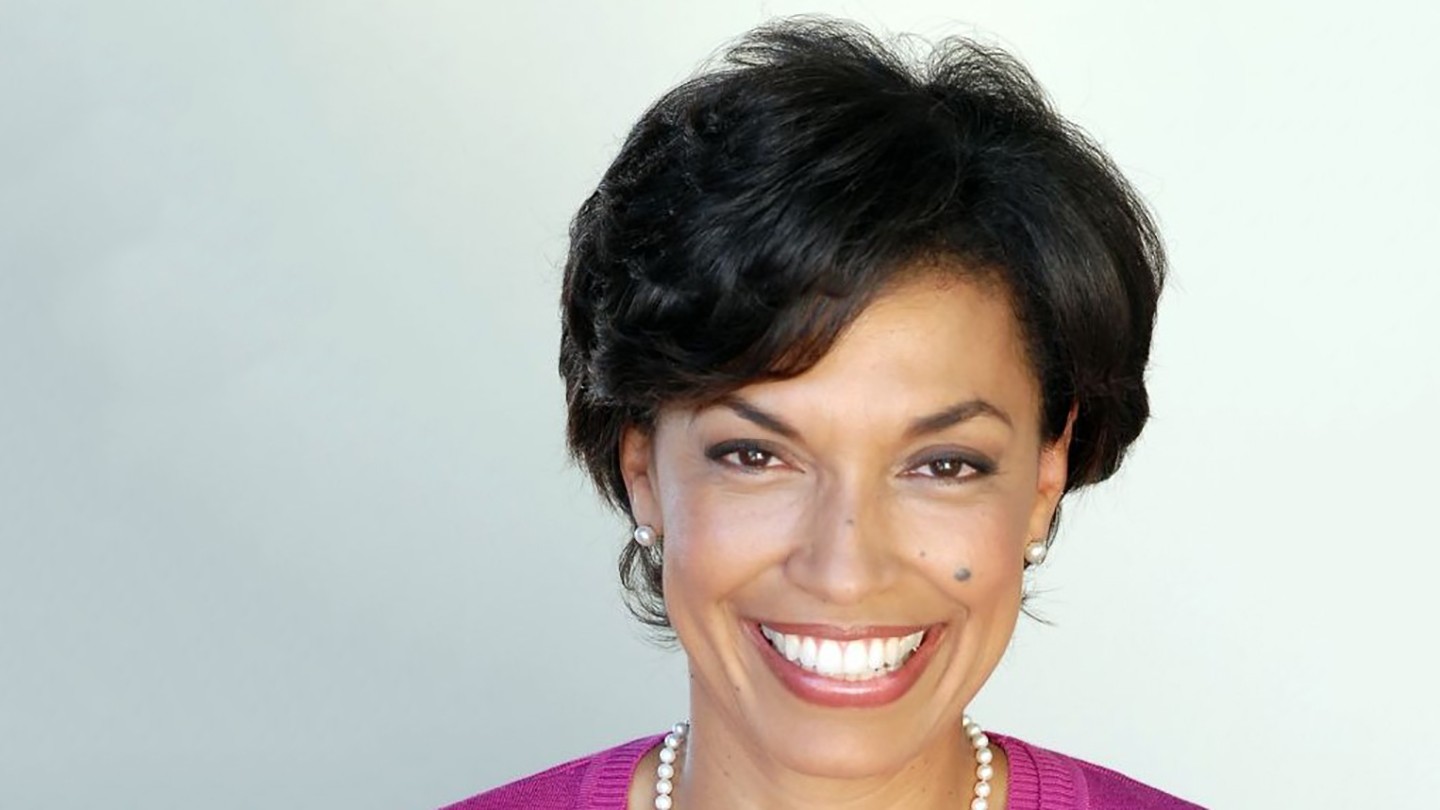
Bonnie St John says it’s vital to distinguish sponsorship from mentorship.
Fellow panellist Vanessa Kingori MBE, Publishing Director of British Vogue, is the first woman in the magazine’s 105-year history to become publisher, and Condé Nast's first and only Black publisher. She says: “The advantage of someone who has been in challenger mode for much of their career is when your business is impacted and in challenger mode itself, it is not scary for that kind of individual to lead.”
With ‘choose to challenge’, she says, “the most optimal part of that statement is ‘choose’. For me this is about women and people who care about gender and intersectionality choosing to embrace the challenge, because the challenge is there no matter what”.
The speakers recognised the need for people of all genders and backgrounds to see the benefits of building a diverse working culture. “These conversations among women are very important – it is also important to have men in the conversation so that we are not preaching to the choir,” says Kingori. “But until the experiences of women are unpacked by decision-makers and until men are really joining us in the conversation as well, it is very hard to move forward.”
Jes Staley agrees, saying that “embracing diversity is morally the right thing to do, but it’s also a very powerful instrument in business”. Barclays is accelerating efforts to ensure a greater proportion of ‘decision-makers’ are female, with the CEO saying: “If we keep the growth rate going, we'll get a senior leadership group of women that can build a network, and that will really accelerate change inside the bank”.
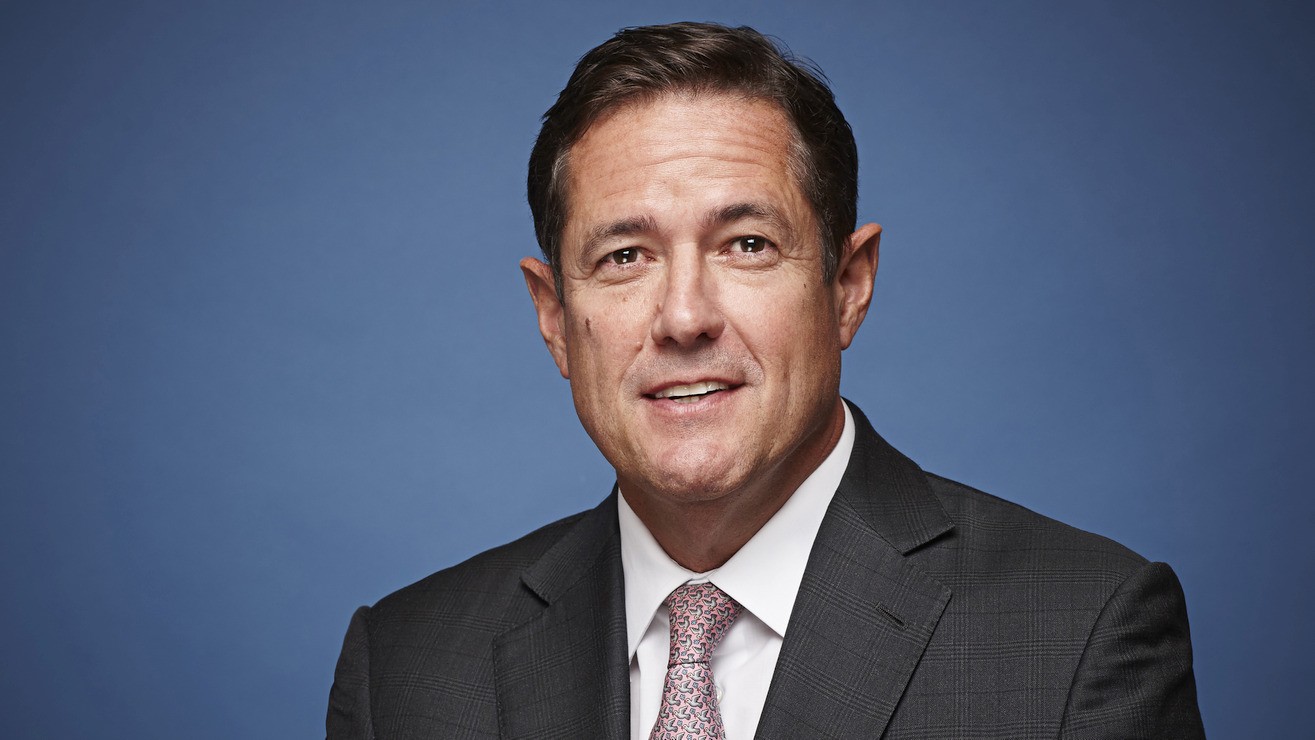
Jes Staley says the bank is accelerating efforts to make sure a greater proportion of ‘decision-makers’ are female.
Banks are the oxygen of a global economy. And if we can use that oxygen to support finding diverse talent to grow the global economy, that's one of the real purposes that Barclays should live for.
CEO, Barclays
Corresponding to St John’s idea of ‘sponsorship not mentorship’, he acknowledges that “navigating a career in a bank of 85,000 people, one of the most important things to have is a network – and to use that network to get exposure”.
“If women and other marginalised groups don’t have a seat at the table,” adds Kingori, “it’s hard for a group of men to think, ‘How do we attract more people of difference?’. You need women and other minority groups to explain what will make others in their community feel welcome and thrive.”
Barclays’ Mimi Rushton, Co-Head of Global FX Sales, hosted the panel alongside the Executive Sponsor of the bank’s Win gender network, Esra Turk, Head of Emerging Markets Sales and Origination for Barclays Investment Bank. Rushton raised the issue of intersectionality, and the importance of ‘choosing to challenge’ being acted on across communities.
“I’m not just thinking, ‘I’m a woman here, and then I’m Black over here and I’m disabled there’,” says St John. Kingori expands: “The thing about intersectionality is not expecting two disabled people to behave the same, not expecting two LGBTQ people to be the same, because there's an intersection. There's a life experience and other factors.”
For me this is about women and people who care about gender and intersectionality choosing to embrace the challenge, because the challenge is there no matter what.
Publishing Director, British Vogue
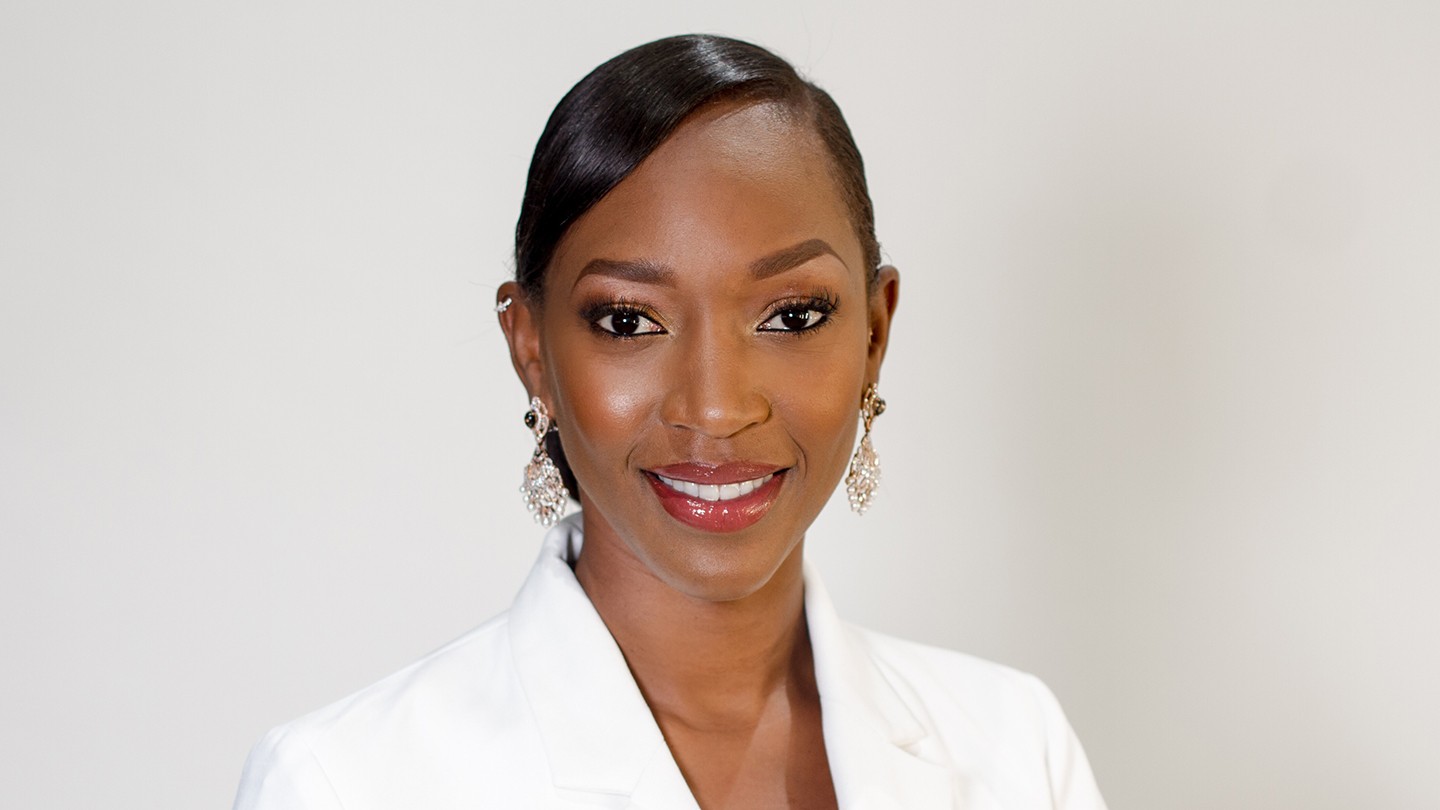
Vanessa Kingori MBE says it’s vital for men to join conversations about the benefits of building a diverse working culture.
She continues: “When you say, ‘Can't we all just be women and just focus on pulling together as women’, that's a great sentiment. But it amplifies the point of view of the majority – white women – and masks some of the unique needs of Asian women or working-class women or other groups, and it doesn't bring out their issues.
“And so those people don't feel welcome to the party and it makes the movement smaller. It requires a little bit more nuance and flexibility, but I think we're getting there. I think the women's movement is much more arms open than it used to be.”
Staley summarises the value of creating a company with people from all backgrounds. Banks, he says, are the “oxygen of a global economy. And if we can use that oxygen to support finding diverse talent to grow the global economy, that's one of the real purposes that Barclays should live for.
“I think people who have overcome prejudice have developed an inner strength, which is incredibly valuable for all of us.”
International Women’s Day at Barclays
Over 25 events were held throughout the week of International Women’s Day, covering a broad range of topics centred around diversity and inclusion. Broadcast globally, the events included ‘Building up the women around you’, ‘Bring your full self to work’ and ‘Transforming men into allies in the workplace’.
As part of the series of IWD events, Paul Compton, Global Head of Banking and Co-President of Barclays Bank PLC hosted a marquee panel discussion ‘Leading Voices: Perspectives from the Female C-Suite’. The event included panellists Julie Sweet, CEO of Accenture, JaeLynn Williams, CEO of Air Methods and Betsy Ward, CFO of MassMutual.
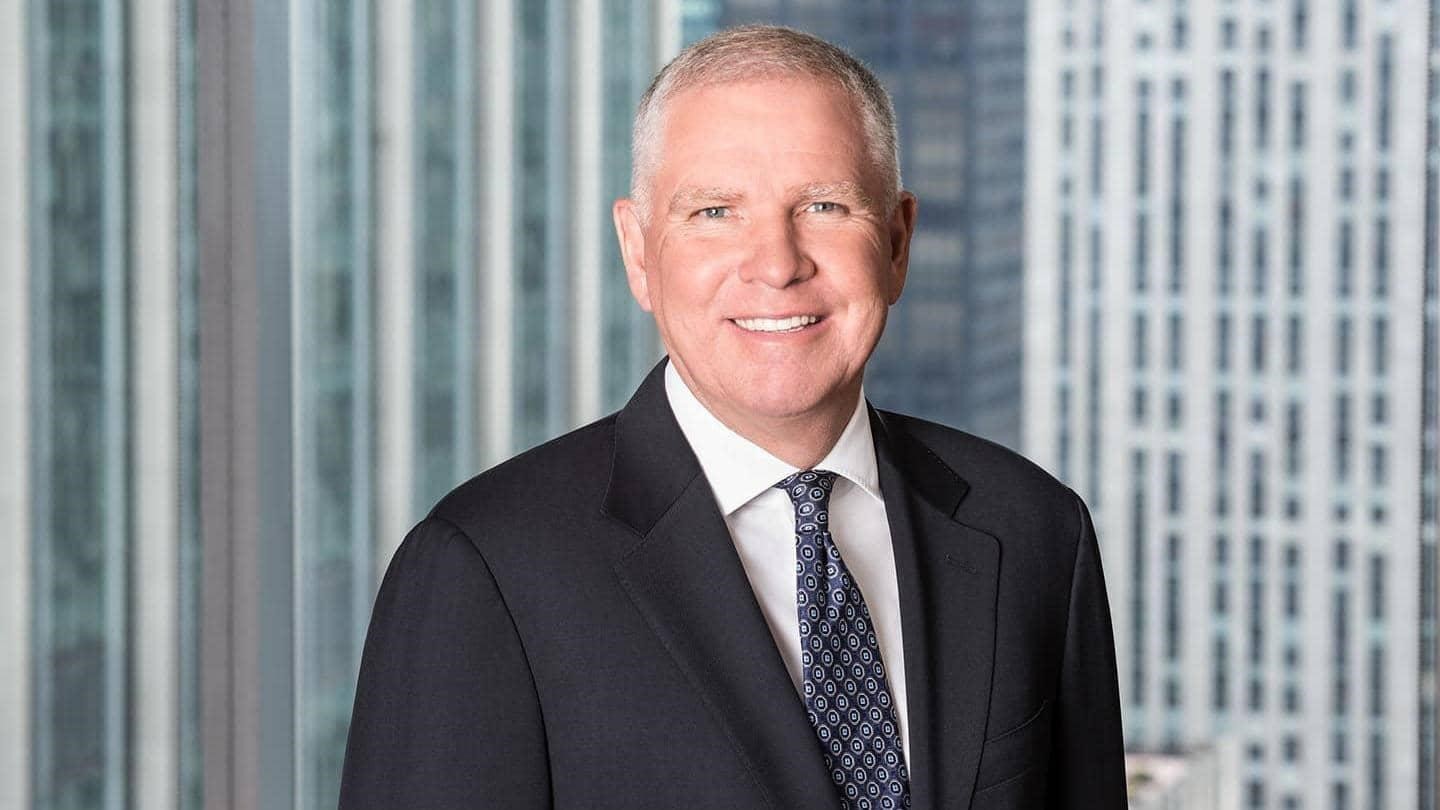
Paul Compton said events were an important part of learning how to improve the rate of change for gender diversity.
As male allies, we should loudly sponsor the careers of talented women in our organisations. The rate of change for gender diversity is still not moving as quickly as we would like.
Global Head of Banking and Co-President of Barclays Bank PLC
During the discussion Compton noted, “As male allies, we should loudly sponsor the careers of talented women in our organisations. The rate of change for gender diversity is still not moving as quickly as we would like, and that’s one reason events like these are important – because we don’t have all the answers and these forums are a great place to learn.”
Compton said the IWD theme of ‘Choose to Challenge’ gave participants a mandate for “spirited conversations”, and thanked the bank’s Win gender network “who do such terrific work with senior management to help evolve the culture of Barclays, and help the women of Barclays feel supported and inspired as they build their careers, achieve their goals and fulfil their potential.”
Barclays’ diversity and inclusion agenda
Barclays aims to foster a culture where individuals of all backgrounds feel confident in bringing their whole selves to work, feel included and have their talents nurtured, empowering them to contribute fully to the bank’s vision and goals.
The bank’s agenda includes five pillars of focus: Disability, Gender, LGBT+ (Lesbian, Gay, Bisexual and Transgender), Multicultural and Multigenerational. Under the gender agenda, the bank supports women in the workplace through initiatives including sponsorship and mentoring, and colleague diversity networks – Win, the gender network and the Barclays Working Families Network.
Read more in Barclays’ Diversity and Inclusion Report 2020.
